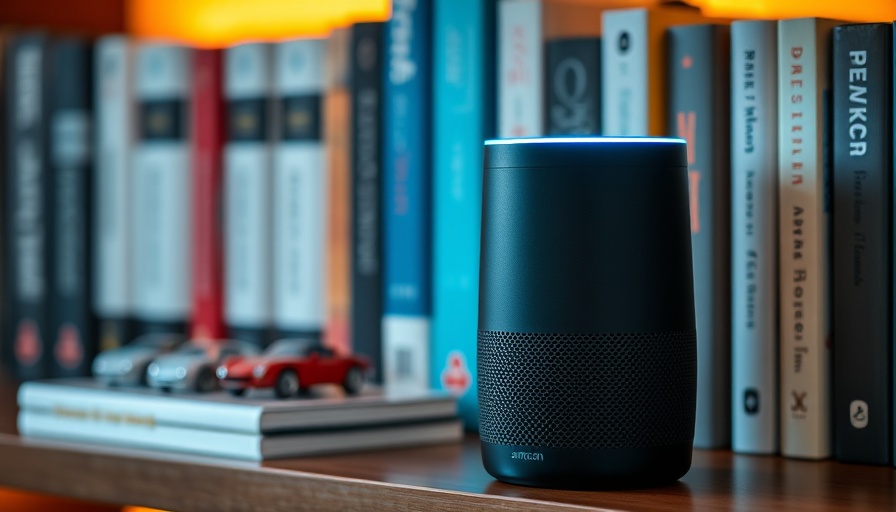
A New Era of Privacy Violations: Understanding the Meta AI App Fiasco
The launch of the Meta AI app has stirred significant concern across social media platforms due to its troubling privacy practices. Imagine waking up to discover that your private conversations—with a chatbot, no less—have been broadcasted to the world without your explicit consent. This has become a reality for many users of the Meta AI app, where sharing seemingly innocuous queries has led to public embarrassment and potential legal repercussions.
A Look into User Experience: What Happens When You Share?
Meta AI provides users with a share button after chatting with the AI, which conveniently takes them to a preview of their post. However, many users are oblivious to the gravity of their actions, and it appears that the app lacks adequate prompts about privacy settings. The case of a user publishing personal inquiries—like tax evasion questions or details about legal troubles—has raised alarms. Security expert Rachel Tobac uncovered shocking information, indicating that people’s home addresses and sensitive court details were uploaded to the app without restraint.
Comparing Social Sharing Features: A Recipe for Disaster
This incident is not the first of its kind, reminding us of past missteps in technology sharing. Google's caution in keeping its search engine separate from social media functions is instructive. The failure of AOL to manage pseudonymized user searches in 2006 serves as a cautionary tale of the repercussions of such practices. If Meta had learned from previous failures in this area, the fallout from this app could have been avoided entirely.
User Base: Is There a Trust Issue?
Despite potential privacy disasters, the Meta AI app has reached 6.5 million downloads across the globe since its launch. While this might seem impressive for a new app, it pales in comparison to what one would expect from one of the world's richest companies. Can Meta rebuild the trust it seems to have lost among users? Trust is crucial for apps involving sensitive interactions, and revelations of careless sharing practices shed light on a deeper, systemic issue within corporate culture and technology design.
Actions of Trolling: A Concern for Society
Many users are not just sharing private information inadvertently; some are actively engaging in trolling behavior, raising critical questions about the implications of this kind of public discourse. From memes featuring Pepe the Frog to serious inquiries about cybersecurity jobs, the range of content shared speaks volumes about individuals' understanding of privacy. While engagement strategies might aim to stimulate use, they risk exposing users to social ridicule and ethical dilemmas in how we interact with AI.
Looking Forward: The Need for Urgent Change
As we navigate these challenges with the Meta AI app, it becomes increasingly clear that technology companies need to instill stronger privacy safeguards and user education. There is an urgent need for platforms to clarify privacy settings at each step of user interaction. By doing so, companies like Meta can mitigate not only user embarrassment but potential legal ramifications over irresponsible data sharing.
Concluding Thoughts: Why Awareness Matters
The Meta AI app has pushed the boundaries of acceptable privacy in technology use, serving as both a cautionary tale and a rallying cry for users to clamor for better protections. Users must understand how their data can be misappropriated and learn to safeguard their information in the digital sphere. Basic precautions, clear privacy policies, and user education are essential in this era of technological advancement. Without these, we risk a society where privacy is a relic of the past.
We urge readers to stay informed and revisit what it means to share in our digitized world. This incident is not just about an app; it’s about the changing landscape of privacy as we continue to navigate our technological future.
 Add Row
Add Row  Add
Add 




 Add Row
Add Row  Add
Add 

Write A Comment